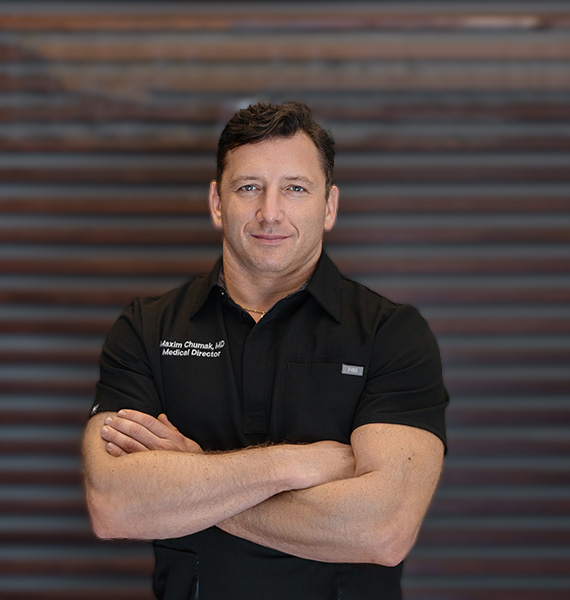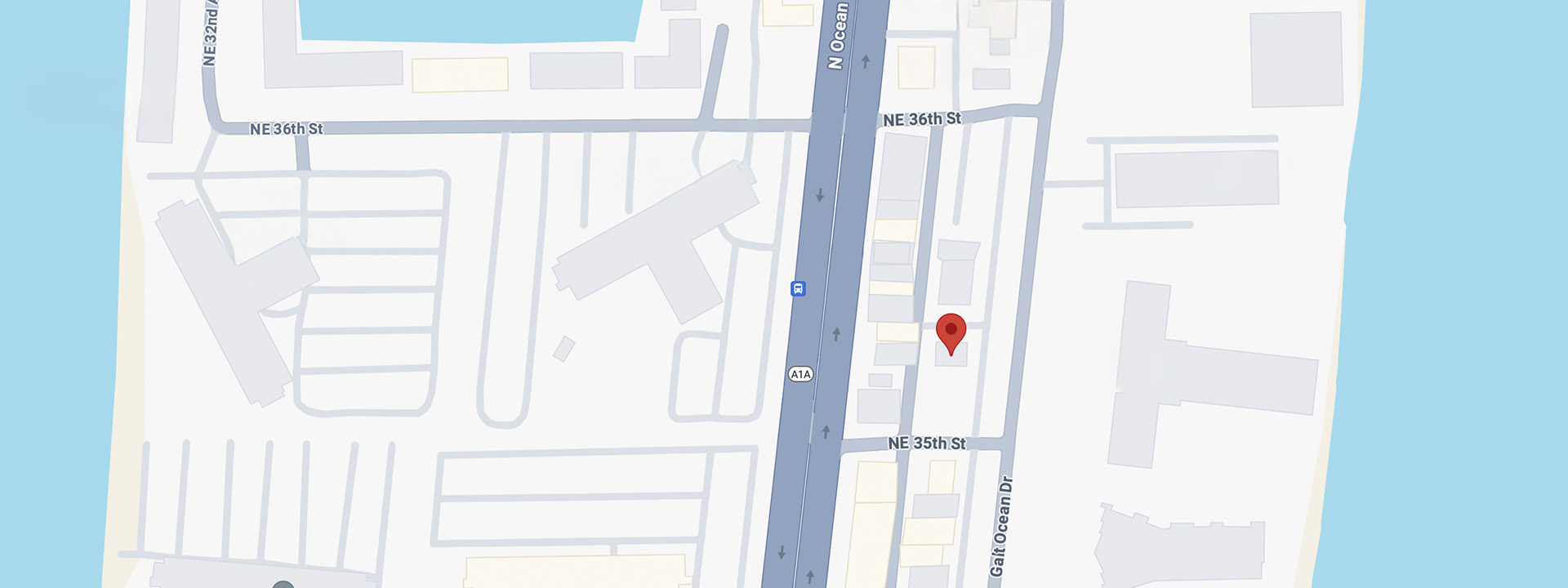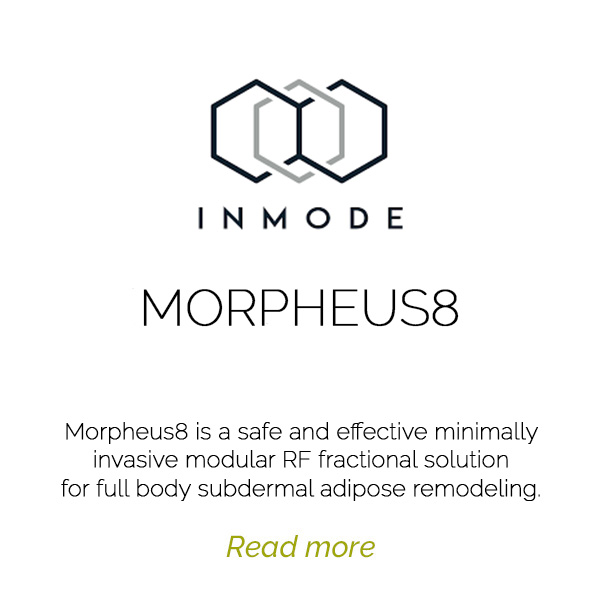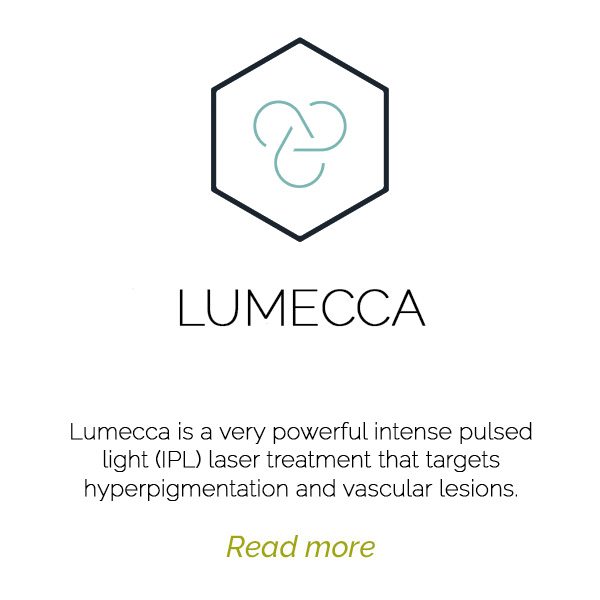OUR SERVICES
What We Do for You

About Dr. Max
Maxim Chumak, MD, ABFM - known to his friends and patients simply as “Dr. Max” - is an experienced surgeon and a wellness professional. Dr.Max completed General Surgery Internship Program at Michigan State University in 2009 and Family Medicine Residency Program at Henry Ford Hospital in Detroit in 2012. He is board Certified in Family Medicine. Dr. Chumak joined US Army in the rank of Captain, and continues to serve in US Army Active Reserve.
In addition to English, Dr. Max is proficient in Russian, Hebrew and Ukranian.
In addition to English, Dr. Max is proficient in Russian, Hebrew and Ukranian.
Friendly Tuesdays & Saturdays
Bring your best friend with you and getsecond ІV cocktail50% OFF!*
*of equal or lesser value
I went for PRP treatment. Very professional as always and not painful at all. Dr. Max and the staff are always very friendly and knowledgeable. I got amazing results and would recommend them to anyone.
OUR PARTNERS




LET US HELP YOU!

Contact Form
Address
3515 Galt Ocean Drive, Suite C,
Fort Lauderdale, FL 33308
Fort Lauderdale, FL 33308
Email Address
info@maximmedical.us
Phone Number
Support: (954) 302 2978









